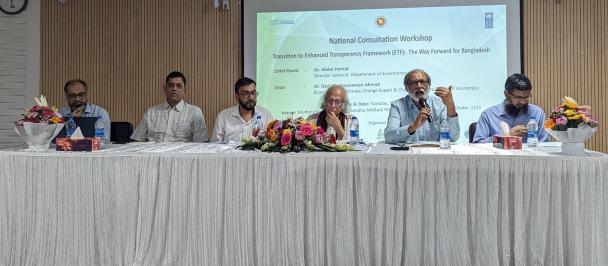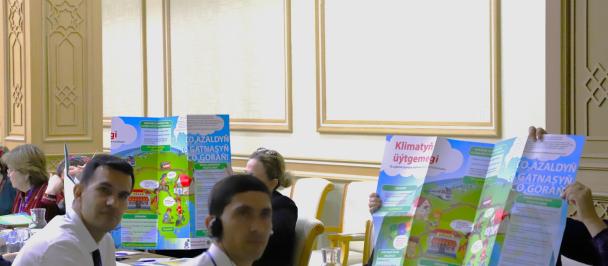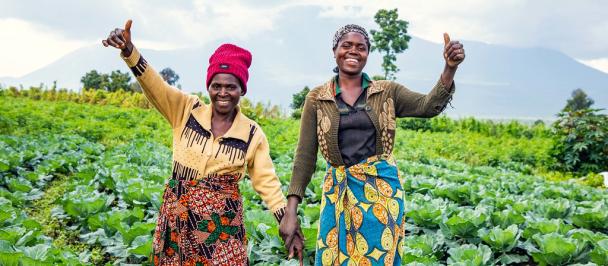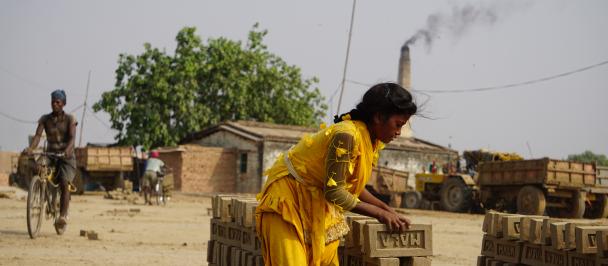Experts share knowledge on adapting to climate change and building community resilience through nature-based solutions
April 23, 2024

On 18-19 April 2024 within the regional project "Climate Change and Resilience in Central Asia" funded by the European Union, another regional workshop on building resilience to climate change through nature-based solutions was held in Namangan.
Nature-based solutions is an approach to solving environmental problems based on the use of natural processes, ecosystems and biodiversity. They aim to achieve sustainable development and promote human well-being, including measures such as water resource management, disaster preparedness, biodiversity conservation and climate change mitigation.
On the first day, experts discussed climate adaptation in Central Asia, including vulnerability assessment and threat localization. Best practices of utilizing natural ecosystems for adaptation were demonstrated.
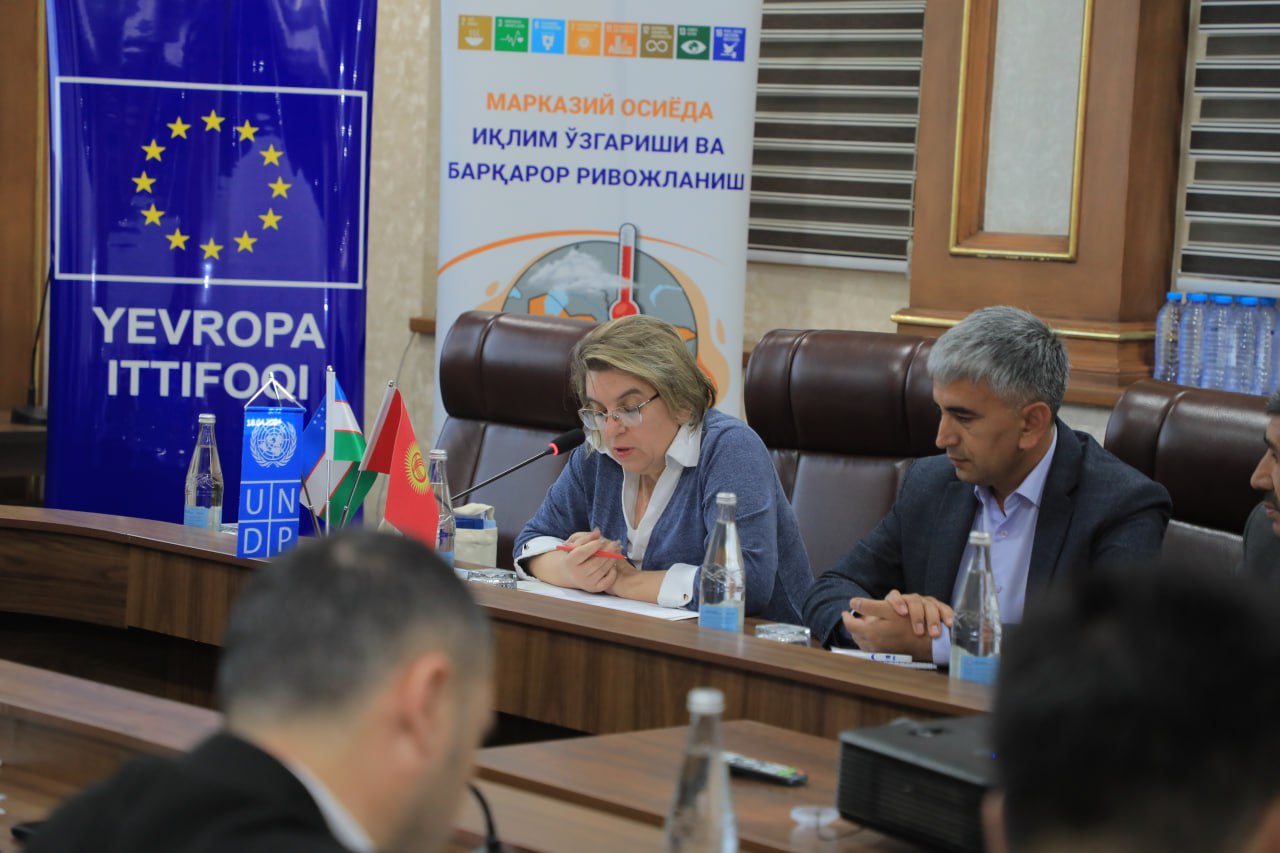
"Climate resilience can only be achieved through joint efforts and consideration of the critical transboundary interests of the region. Every Central Asian country is vested in this and should collaborate in addressing environmental challenges. The regional project 'Climate Change and Resilience in Central Asia' facilitates this by providing an avenue to pool the region's efforts in coordinating measures for natural resource management and climate adaptation through the exchange of knowledge, best practices, and technologies",noted in his speech Hakim Hakimzoda, a representative of the Sughd Region Administration.
Working in groups, participants proposed their own solutions to climate change adaptation.
"We worked in a group focusing on rural development and community resilience. We identified climate risks and mitigation methods, including the cultivation of drought-resistant agricultural varieties, establishing educational and advisory centers, agricultural business insurance against emergencies, updating and modernizing irrigation networks with water- and energy-saving technologies, digitization, and free access to information on emergencies and climate change,"said the lead engineer from the Department of Agrometeorological Observations and Forecasts at the Hydrometeorological Service Agency under the Ministry of ecology, environmental protection and climate change of Uzbekistan.

The second day focused on transboundary cooperation on climate risk management and the THRIVE (Towards Holistic Resilience in Vulnerable Environments) approach, which was developed as ACTED's flagship initiative to address both the immediate and structural challenges of climate change and land degradation in a holistic manner in rural rangeland ecosystems.
"Basin planning was one of the relevant topics we discussed at the seminar. Specialists from three countries shared their experience in implementing basin planning, in particular formation of working groups for each transboundary river and a Basin Council. I hope in this direction, we will continue to collaborate and achieve positive results together,"said Mirzali Asatov, the head of the Karadarya-Syrdarya-Amudarya Basin Water Management Authority of the Water Management Service of Kyrgyzstan.

A significant moment was the visit to the "Uchkurgan" hydropost on the Naryn River, which complemented theoretical discussions with practical observations. "Uchkurgan" is one of the 11 hydroposts where automatic radars have been installed as part of the project to measure water parameters remotely, serving as an early warning system for natural disasters such as floods and inundations.
Additionally, experts visited the Uchkurgan hydropower station of the Great Fergana Canal, which plays a key role in providing irrigation to agricultural lands, ensuring food security, and fostering economic development in the region.

 Locations
Locations
